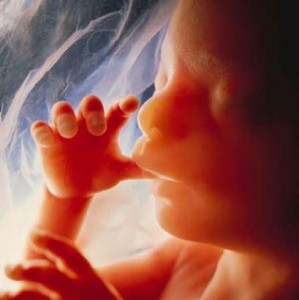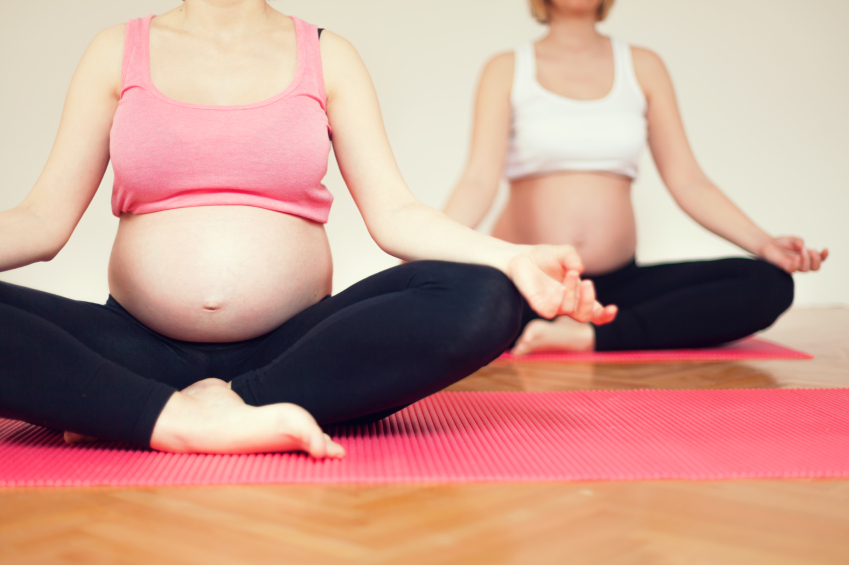|
Most of us think that pregnancy happens easily. In fact one in ten couples are unable to conceive naturally, and one in four couples experience sub-fertility or fertility problems. Statistics show that even a reproductively healthy woman in her thirties will, on average have to try for ten months before becoming pregnant. Once a woman reaches her forties the chances of conceiving fall to around 3%. Chances are further reduced, at all ages, if the man has a low sperm count or poor morphology or motility, or if the woman has Polycystic Ovarian Syndrome, a short luteal phase, no periods, hormonal insufficiency or endometriosis. However, around 15% of fertility problems are unexplained.
Real Issues Affecting Declining Fertility in both Men and Women smoking, alcohol, caffeine, pesticides, drugs, stress, obesity, excessive exercise, environmental pollutants, heavy metals, chemotherapy, ionising radiation, heat, synthetic oestrogens. Acupuncture has been used as an adjunct to fertility treatment for many years and there is evidence to show that it has a direct affect on the hypothalamic-pituitary-ovarian axis (HPOA) and the pelvic organs, and an indirect affect on fertility by reducing stress. Treatment with acupuncture helps to improve the blood flow to the ovaries and uterus, calms the contractility of the uterus making it more receptive to an embryo. Treatment for men helps to improve the semen parameters. Many women who experience fertility difficulties are offered IVF.IUI or ICSI by their local NHS services. Research has shown that Acupuncture used in conjunction with IVF treatment can increase the success rates by up to 50%. The role acupuncture plays in supporting IVF treatment is to prepare the uterus for receiving the embryo by increasing blood flow and reducing stress. During IVF treatment Acupuncture can be used to help calm the side effects of the fertility drugs - anxiety, depression and hot flushes. In one study it was shown that women who used Acupuncture without any fertility drugs were just as likely to conceive in the same time as women who took a fertility drug. Sources : CHANG.R - Role of Acupuncture in treatment of female fertility. Fertility and Sterility. 78. 6. Dec 2002. 1149 - 1153. SITERMAN - Acupuncture and Sperm Research. Sept 1997. PEIJ et al - Fertility and Sterility. July 2005 Garfunkel et al - Asian Journal of Andrology. Sept 2003. PAULUS et al - Influence of Acupuncture on pregnancy rate in patients who undergo ART. Fertility and Sterility. 77. 4. April 2002. WESTERGAARD. LARS G et al - Acupuncture on the day of embryo transfer significantly improves the reproductive outcome in infertile women : a prospective randomised trial. Fertility and Sterility. 85. 5. May 2006 |
|
Once conception has been achieved, many women choose to have Acupuncture for a number of reasons. One of the first symptoms of pregnancy can be morning sickness. This can range from a mild nausea to severe and persistent vomiting, called Hyperemesis Gravidarum. The latter affects between 3-20% of women and may require hospitalisation as the sufferer can become dehydrated. Clinical studies have proven Acupuncture to be effective in reducing or completely eliminating these very unpleasant symptoms. It is thought that the causes for 'morning sickness' include changing hormone levels, brain stem sensitivity, fatigue and stress and emotional factors.
One in one hundred women have 3 or more miscarriages. This is devastating for couples and in many cases there seems to be no medical reason. Early symptoms of threatened miscarriage may be slight spotting. This is quite common in early pregnancy and can just be a result of implantation. It does not necessarily mean that the foetus will be lost. Acupuncture can be used to help by using the same treatment as for post-embryo implant in fertility in order to secure pregnancy. Of course there maybe medical reasons for miscarriage which are beyond the scope of treatment with Acupuncture. Other symptoms which may be helped using Acupuncture include :
Sources : CARDINI.F et al - 1998. China. Journal of American Medical Assiciation. SMITH.C et al - 2002. Australia. Complementary Therapies in Medicine. ELDEN.H et al - 2005. Sweden. British Medical Journal. |
|
Most women get to the end of their pregnancy with little or no problem. Acupuncture can be helpful for pain relief during labour, although it may be difficult finding one who will be able to stay with you for the duration! I can give prospective Mum's a hand out on acupressure which can be done by your birthing partner.
Once you have had your Baby, it is really important that you have plenty of rest and eat sensibly and well, especially during the first six weeks after delivery. Don't refuse any offers of help from friends and relatives - even if it is just cooking a meal. Try to eat warming foods, soups etc and avoid cold water and diet foods. If you experience prolonged uterine bleeding after the birth of your baby and any infection has been eliminated, Acupuncture can be used successfully to remedy this. |


